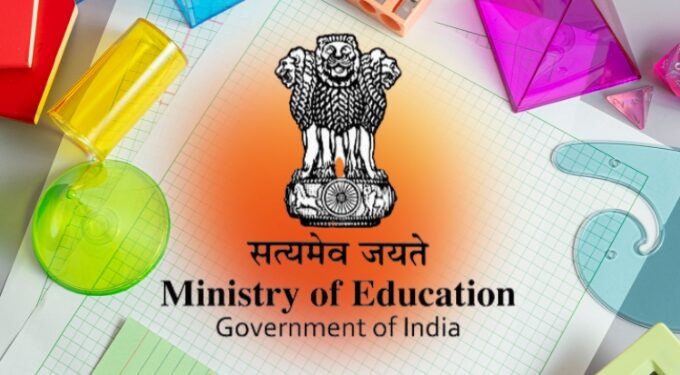In the wake of a devastating school roof collapse in Rajasthan that claimed the lives of at least seven children due to heavy monsoon rains on July 25, 2025, the Ministry of Education has issued a comprehensive directive to all States and Union Territories.
This urgent call to action aims to ensure the safety and well-being of students across India, addressing long-standing gaps in school infrastructure and emergency preparedness. The directive, released earlier today, outlines five critical recommendations to prevent future tragedies and support student mental health.
The tragedy has underscored the urgent need for compliance with national safety codes, with research from the National Institute of Disaster Management (NIDM, 2023) revealing that only 40% of Indian schools have undergone safety audits.
The Ministry’s response comes as a proactive step to mitigate risks exacerbated by climate variability and neglected maintenance.
Recommendations from the Ministry of Education:
- Preventive Safety Measures: All schools and public facilities used by children and youth must undergo safety audits in accordance with national safety codes and disaster management guidelines. This includes assessing structural integrity, fire safety, emergency exits, and electrical wiring to ensure no child is at risk due to preventable circumstances.
- Awareness and Training: Staff and students must be trained in emergency preparedness, including evacuation drills, first aid, and safety protocols. The directive mandates strengthened collaborations with local authorities such as the National Disaster Management Authority (NDMA), fire services, police, and medical agencies for periodic training sessions and mock drills.
- Psychosocial Well-being: Beyond physical safety, the Ministry emphasizes mental health support through counseling services, peer support systems, and community engagement initiatives. This reflects evidence from a 2021 Lancet study indicating that post-trauma counseling can reduce long-term mental health issues in students by 30%.
- Reporting Mechanism: Any dangerous situation, near miss, or incident involving potential harm to children must be reported within 24 hours to the designated State or UT authority. The directive enforces strict accountability for delays, negligence, or failure to act, aiming to improve response times and oversight.
- Public Responsibility: Parents, guardians, community leaders, and local bodies are encouraged to remain vigilant and report unsafe conditions in schools, public areas, or transportation used by children and youth, fostering a collective approach to safety.
The Ministry urges Education Departments, School Boards, and affiliated authorities to implement these measures without delay, reaffirming its shared responsibility with States and Union Territories to protect every child.






























